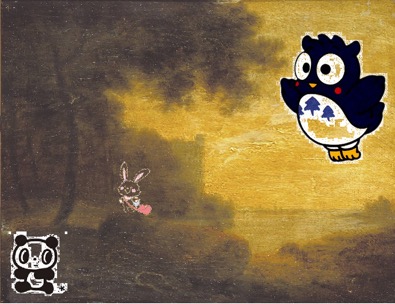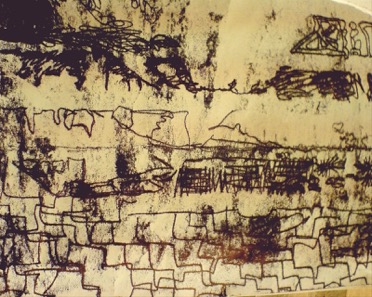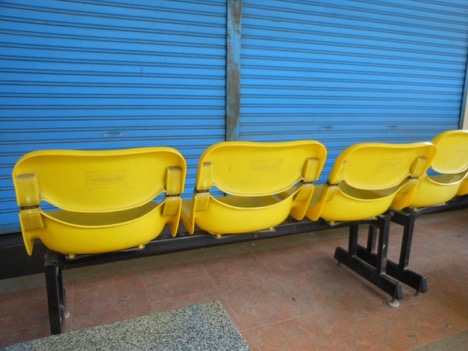Hearing Voices
by Marija Peričić In my ideal world, I’d live alone in my own apartment, which would be in a small block, filled with books and houseplants and perhaps a cat. The apartment would have large windows, be on the first floor, and look out over a lovely garden. This pretty much describes my current apartment, minus the cat and plus a partner,[i] so I am very lucky to be so close to my ideal. I am by nature an apartment-dweller. I am an introvert (89% so according to Myers-Briggs); read and write a lot, for which I prefer silence; and…



